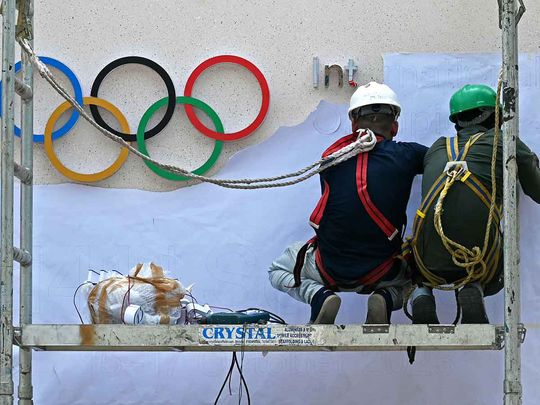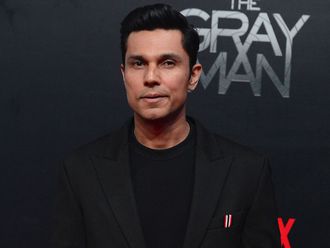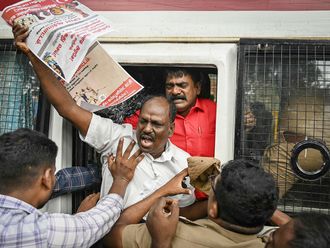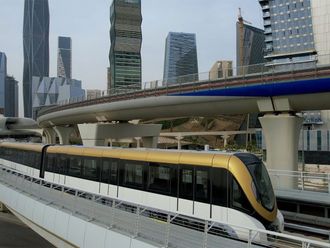
New Delhi: India has formally expressed its ambition to host the 2036 Olympics, a move seen as Prime Minister Narendra Modi's bid to solidify his legacy and showcase the nation's rising global stature. Calling the event a "dream and aspiration" for 1.4 billion citizens, Modi frames the Games as a milestone in India’s journey toward global prominence.
Experts, however, suggest the ambition is as much about Modi’s personal legacy as it is about projecting India's political and economic ascent. "Hosting the Olympics will burnish India’s credentials as a global power," said Ronojoy Sen, author of Nation at Play.
Ahmedabad in the spotlight
While the exact host city remains unspecified, Ahmedabad in Gujarat, Modi's home state, is widely speculated to be the frontrunner. The semi-arid city, known for summer temperatures exceeding 50°C (122°F), boasts the world's largest cricket stadium, named after Modi. It also serves as the base for the Adani Group, a conglomerate whose ties to Modi have drawn scrutiny amid allegations of corruption.
A sporting revolution or mirage?
Despite its population, India's Olympic track record is modest, with only 10 gold medals to date. Observers see the Games as a potential turning point for Indian sports, offering what sports lawyer Nandan Kamath calls an "unprecedented window of opportunity." Yet concerns persist about a "top-down" approach that prioritizes elite athletes over grassroots development.
Critics argue India's poor sports governance, infrastructure challenges, and a history of corruption could derail the effort. The 2010 Commonwealth Games in New Delhi, plagued by delays and mismanagement, serve as a cautionary tale.
A high-stakes gamble
India’s Olympic dream, while ambitious, comes with immense risks. Success could bolster the country's image as a global leader, but failure may reinforce doubts about its readiness for the world stage. As India eyes its place at the global "high table," the road to 2036 will test its resolve, resources, and reputation.











